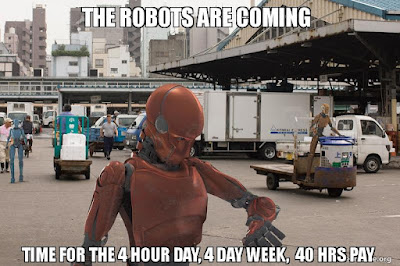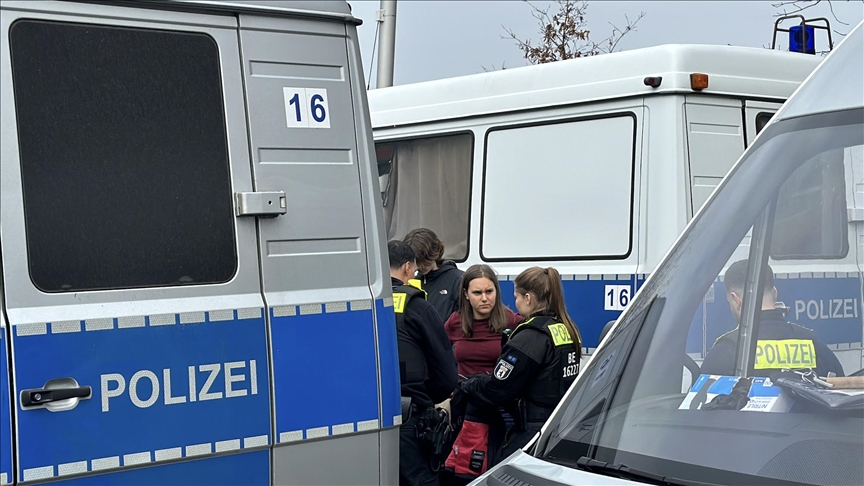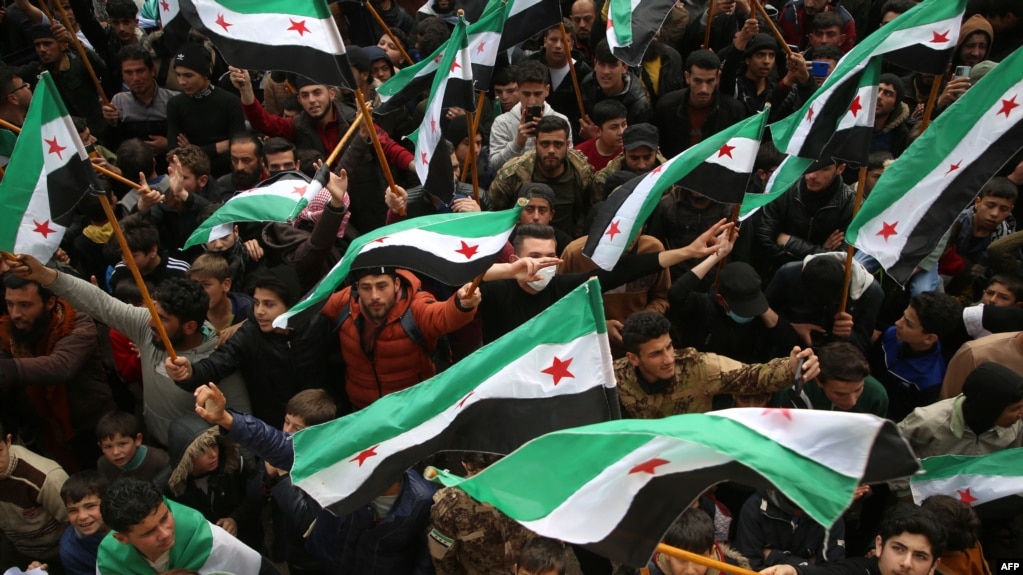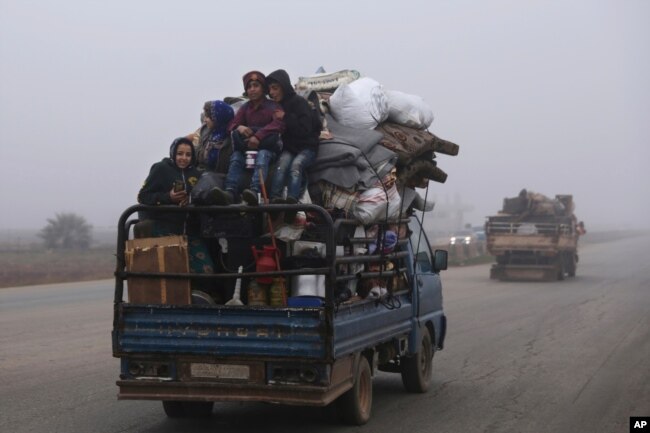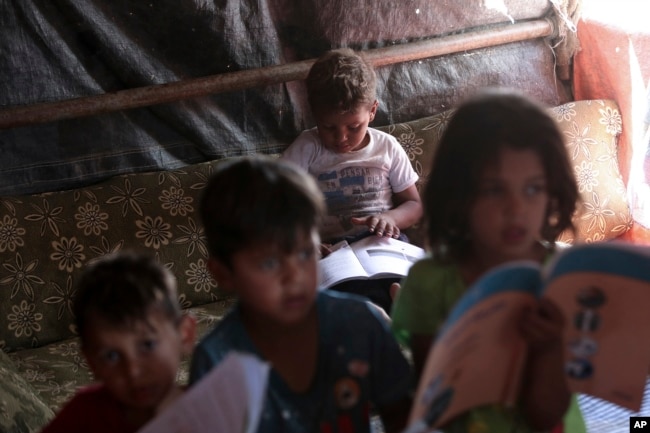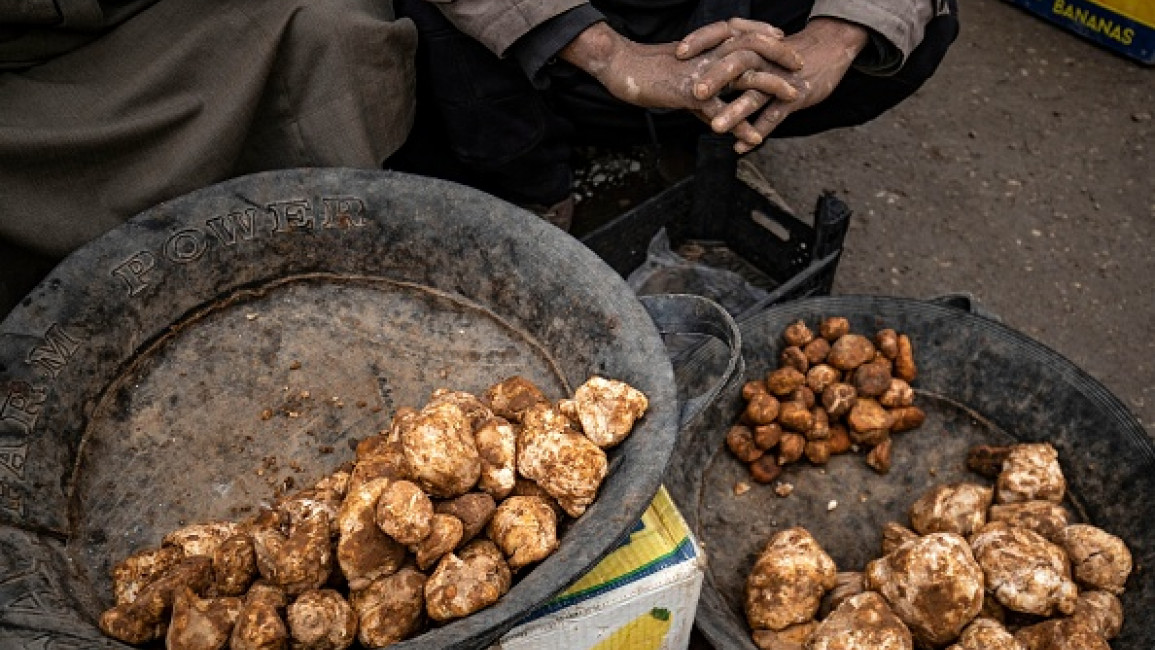“Do not Arab & Iraqi women weep when their children die? Does not bombing strengthen their determination? What fools we are to live as if war is a computer game for our children or just an interesting little Channel 4 news item.”
We are proud to republish a below one of many important speeches Tony Benn made in Parliament against imperialist wars in the Middle East, to mark 10 years since he passed. His legacy and ideas are as important as ever today – the ‘Labour Outlook’ Team.
Tony Benn’s speech to the House of Commons on 17 February 1998, during a debate on the bombing of Iraq
I have very little time. I want to develop my argument. There are many others who want to speak. I hope that the House will listen to me. I know that my view is not the majority view in the House, although it may be outside this place.
I regret that I shall vote against the Government motion. The first victims of the bombing that I believe will be launched within a fortnight will be innocent people, many, if not most, of whom would like Saddam to be removed. The former Prime Minister, the right hon. Member for Huntingdon, talked about collateral damage. The military men are clever. They talk not about hydrogen bombs but about deterrence. They talk not about people but about collateral damage. They talk not about power stations and sewerage plants but about assets. The reality is that innocent people will be killed if the House votes tonight—as it manifestly will—to give the Government the authority for military action.
The bombing would also breach the United Nations charter. I do not want to argue on legal terms. If the hon. and learned Member for North-East Fife (Mr. Campbell) has read articles 41 and 42, he will know that the charter says that military action can only be decided on by the Security Council and conducted under the military staffs committee. That procedure has not been followed and cannot be followed because the five permanent members have to agree. Even for the Korean war, the United States had to go to the General Assembly to get authority because Russia was absent. That was held to be a breach, but at least an overwhelming majority was obtained.
Has there been any negotiation or diplomatic effort? Why has the Foreign Secretary not been in Baghdad, like the French Foreign Minister, the Turkish Foreign Minister and the Russian Foreign Minister? The time that the Government said that they wanted for negotiation has been used to prepare public opinion for war and to build up their military position in the Gulf.
Saddam will be strengthened again. Or he may be killed. I read today that the security forces—who are described as terrorists in other countries—have tried to kill Saddam. I should not be surprised if they succeeded.
This second action does not enjoy support from elsewhere. There is no support from Iraq’s neighbours. If what the Foreign Secretary says about the threat to the neighbours is true, why is Iran against, why is Jordan against, why is Saudi Arabia against, why is Turkey against? Where is that great support? There is no support from the opposition groups inside Iraq. The Kurds, the Shi’ites and the communists hate Saddam, but they do not want the bombing. The Pope is against it, along with 10 bishops, two cardinals, Boutros Boutros-Ghali and Perez de Cuellar. The Foreign Secretary clothes himself with the garment of the world community, but he does not have that support. We are talking about an Anglo-American preventive war. It has been planned and we are asked to authorise it in advance.
The House is clear about its view of history, but it does not say much about the history of the areas with which we are dealing. The borders of Kuwait and Iraq, which then became sacrosanct, were drawn by the British after the end of the Ottoman empire. We used chemical weapons against the Iraqis in the 1930s. Air Chief Marshal Harris, who later flattened Dresden, was instructed to drop chemical weapons.
When Saddam came to power, he was a hero of the West. The Americans used him against Iran because they hated Khomeini, who was then the figure to be removed. 927 They armed Saddam, used him and sent him anthrax. I am not anxious to make a party political point, because there is not much difference between the two sides on this, but, as the Scott report revealed, the previous Government allowed him to be armed. I had three hours with Saddam in 1990. I got the hostages out, which made it worth going. He felt betrayed by the United States, because the American ambassador in Baghdad had said to him, “If you go into Kuwait, we will treat it as an Arab matter.” That is part of the history that they know, even if we do not know it here.
In 1958, 40 years ago, Selwyn Lloyd, the Foreign Secretary and later the Speaker, told Foster Dulles that Britain would make Kuwait a Crown colony. Foster Dulles said, “What a very good idea.” We may not know that history, but in the middle east it is known.
The Conservatives have tabled an amendment asking about the objectives. That is an important issue. There is no UN resolution saying that Saddam must be toppled. It is not clear that the Government know what their objectives are. They will probably be told from Washington. Do they imagine that if we bomb Saddam for two weeks, he will say, “Oh, by the way, do come in and inspect”? The plan is misconceived.
Some hon. Members—even Opposition Members—have pointed out the double standard. I am not trying to equate Israel with Iraq, but on 8 June 1981, Israel bombed a nuclear reactor near Baghdad. What action did either party take on that? Israel is in breach of UN resolutions and has instruments of mass destruction. Mordecai Vanunu would not boast about Israeli freedom. Turkey breached UN resolutions by going into northern Cyprus. It has also recently invaded northern Iraq and has instruments of mass destruction. Lawyers should know better than anyone else that it does not matter whether we are dealing with a criminal thug or an ordinary lawbreaker—if the law is to apply, it must apply to all. Governments of both major parties have failed in that.
Prediction is difficult and dangerous, but I fear that the situation could end in a tragedy for the American and British Governments. Suez and Vietnam are not far from the minds of anyone with a sense of history. I recall what happened to Sir Anthony Eden. I heard him announce the ceasefire and saw him go on holiday to Goldeneye in Jamaica. He came back to be replaced. I am not saying that that will happen in this case, but does anyone think that the House is in a position to piggy-back on American power in the middle east? What happens if Iraq breaks up? If the Kurds are free, they will demand Kurdistan and destabilise Turkey. Anything could happen. We are sitting here as if we still had an empire—only, fortunately, we have a bigger brother with more weapons than us.
The British Government have everything at their disposal. They are permanent members of the Security Council and have the European Union presidency for six months. Where is that leadership in Europe which we were promised? It just disappeared. We are also, of course, members of the Commonwealth, in which there are great anxieties. We have thrown away our influence, which could have been used for moderation.
The amendment that I and others have tabled argues that the United Nations Security Council should decide the nature of what Kofi Annan brings back from Baghdad and whether force is to be used. Inspections and sanctions go side by side. As I said, sanctions are brutal for innocent 928 people. Then there is the real question: when will the world come to terms with the fact that chemical weapons are available to anybody? If there is an answer to that, it must involve the most meticulous observation of international law, which I feel we are abandoning.
War is easy to talk about; there are not many people left of the generation which remembers it. The right hon. Member for Old Bexley and Sidcup served with distinction in the last war. I never killed anyone but I wore uniform. I was in London during the blitz in 1940, living where the Millbank tower now stands, where I was born. Some different ideas have come in there since. Every night, I went to the shelter in Thames house. Every morning, I saw docklands burning. Five hundred people were killed in Westminster one night by a land mine. It was terrifying. Are not Arabs and Iraqis terrified? Do not Arab and Iraqi women weep when their children die? Does not bombing strengthen their determination? What fools we are to live as if war is a computer game for our children or just an interesting little Channel 4 news item.
Every Member of Parliament who votes for the Government motion will be consciously and deliberately accepting responsibility for the deaths of innocent people if the war begins, as I fear it will. That decision is for every hon. Member to take. In my parliamentary experience, this a unique debate. We are being asked to share responsibility for a decision that we will not really be taking but which will have consequences for people who have no part to play in the brutality of the regime with which we are dealing.
On 24 October 1945—the right hon. Member for Old Bexley and Sidcup will remember—the United Nations charter was passed. The words of that charter are etched on my mind and move me even as I think of them. It says: We the peoples of the United Nations determined to save succeeding generations from the scourge of war, which twice in our life-time has brought untold sorrow to mankind”. That was that generation’s pledge to this generation, and it would be the greatest betrayal of all if we voted to abandon the charter, take unilateral action and pretend that we were doing so in the name of the international community. I shall vote against the motion for the reasons that I have given.
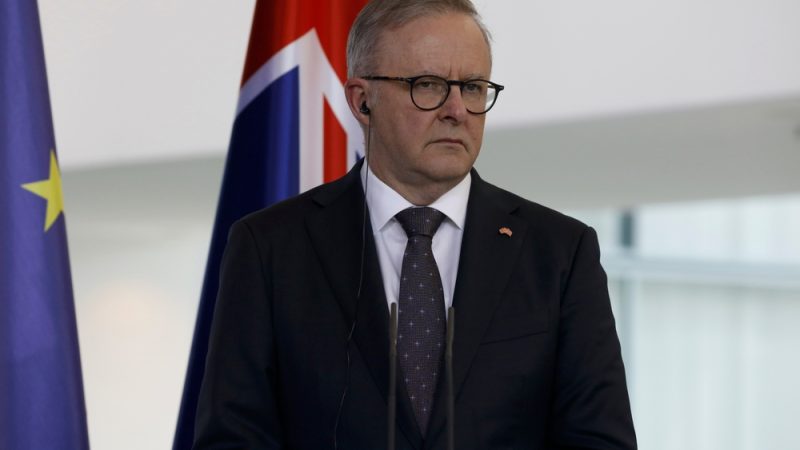






 A protest to ask for a 24-hours strike to support miners outside a TUC conference on September 4, 1984. (Credits: B. Gomer/Daily Express/Hulton Archive/Getty Images)
A protest to ask for a 24-hours strike to support miners outside a TUC conference on September 4, 1984. (Credits: B. Gomer/Daily Express/Hulton Archive/Getty Images) Protesters outside the TUC (Trades Union Congress) conference hall in Brighton (Credits: Popperfoto via Getty Images)
Protesters outside the TUC (Trades Union Congress) conference hall in Brighton (Credits: Popperfoto via Getty Images)


